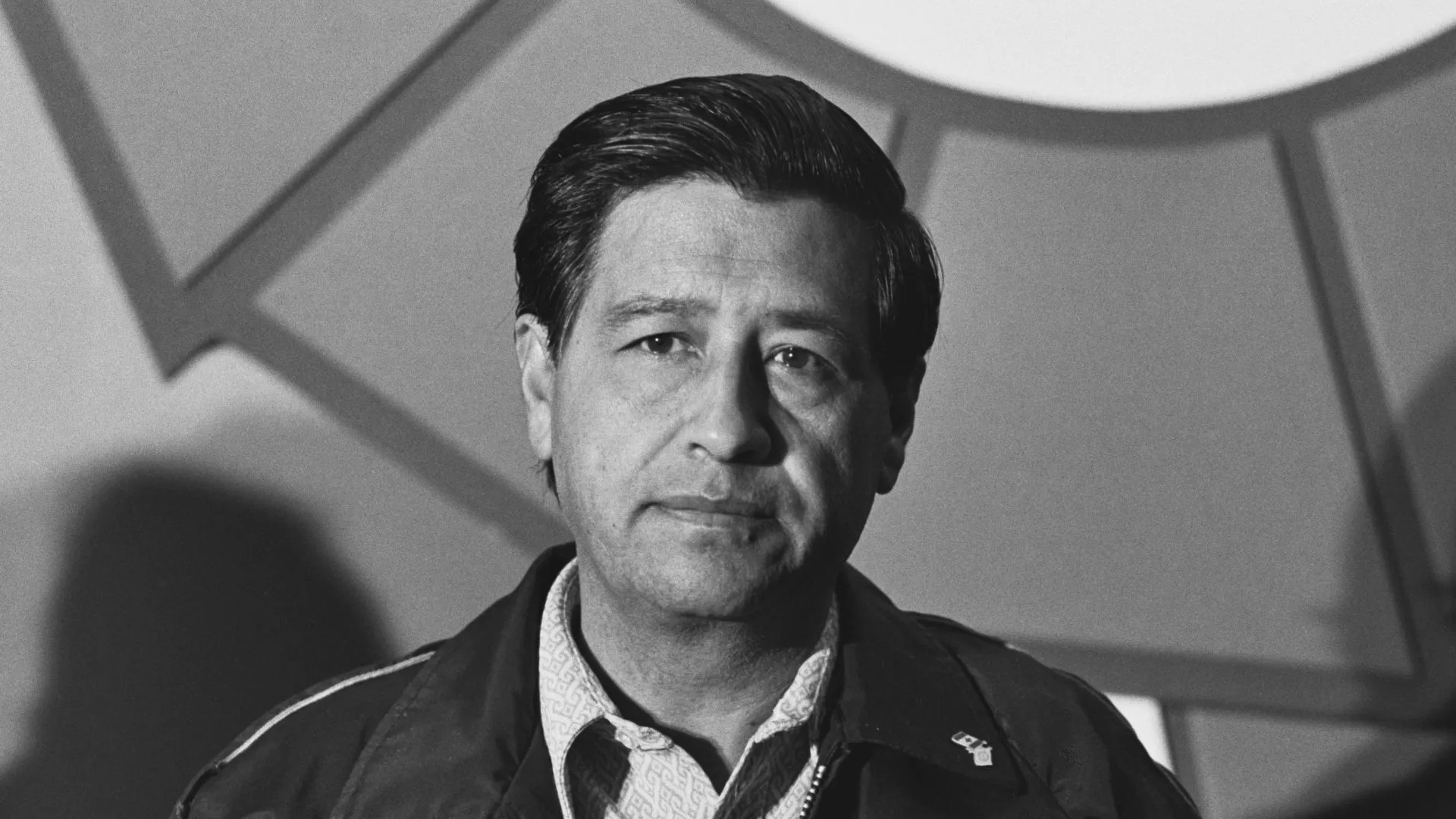Cesar Chavez, a name synonymous with the labor movement and civil rights activism, remains a paragon of grassroots leadership and the relentless pursuit of justice for the marginalized. His odyssey from a humble migrant laborer to a venerated figure in the annals of social reform is a chronicle of tenacity, empathy, and unwavering moral conviction.
Born into an itinerant family of farmworkers, Chavez’s early life was a mélange of transient work and the exigencies of poverty. The crucible of field labor under the aegis of an exploitative agricultural system ignited in Chavez a fervid commitment to the cause of workers’ rights. He became an indomitable advocate for the disenfranchised, vowing to upend the systemic inequities that plagued his community.
Chavez’s ascension as a labor leader was marked by the inception of the National Farm Workers Association, later known as the United Farm Workers (UFW). Under his aegis, the UFW burgeoned into a formidable force, challenging the entrenched powers of agribusiness with an arsenal of nonviolent weapons—boycotts, marches, and hunger strikes. His tactical acumen was matched only by his impassioned oratory, which galvanized a polyglot cohort of supporters, transcending ethnic and social strata.
The hallmark of Chavez’s advocacy was his staunch adherence to nonviolence. Eschewing the incendiary tactics that often accompany labor disputes, he drew inspiration from the legacies of Gandhi and Martin Luther King Jr., wielding moral suasion as his most potent stratagem. His pacifistic approach engendered a wave of solidarity that reverberated beyond the furrows of California’s fields to the broader national conscience.
Chavez’s enduring legacy is encapsulated in the myriad victories for labor rights he secured. His acumen in orchestrating the Delano grape strike and subsequent boycott led to unprecedented collective bargaining agreements, augmenting wages and improving conditions for farmworkers. Moreover, his indefatigable crusade was instrumental in the enactment of the California Agricultural Labor Relations Act of 1975—a legislative milestone that codified the rights of farmworkers to organize and negotiate for fair employment terms.
The lexicon of Chavez’s life and work is replete with terms that resonate with profound historical and cultural significance—’solidarity’, ‘equity’, ‘agrarian’, ‘collective’, ‘boycott’, and ‘picket’. These words are not mere jargon; they are the sinews and bones of a narrative that speaks of struggle and triumph in the face of implacable adversity.
In reflecting upon the remarkable story of Cesar Chavez, one is compelled to acknowledge the power of individual agency in effectuating societal change. His trajectory was not a solitary journey but a collective movement—a confluence of hope, aspiration, and indefatigable labor. It is a narrative that continues to inspire and educate, serving as a beacon for those who seek to chart a course toward a more equitable and just world.
In the context of a crossword puzzle, the story of Cesar Chavez offers a rich repository of vocabulary that challenges the mind and stirs the spirit. It is a tale that weaves through the threads of American history, spotlighting the indomitable spirit of one man whose life became synonymous with the struggle for dignity and the rights of the common laborer. The essence of his story is a tapestry of resilience—a testament to the belief that from the seeds of grassroots activism can grow the fruits of transformative social change.
Crossword Puzzle in Context
All the words you need to solve the puzzle below can be found in the text above. Enjoy!












0 Comments